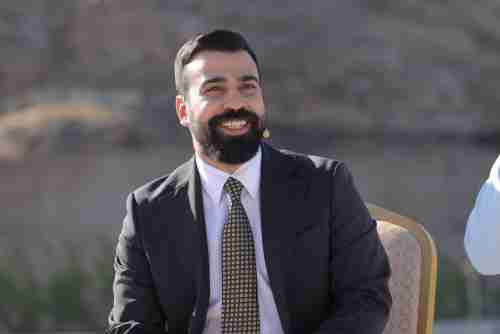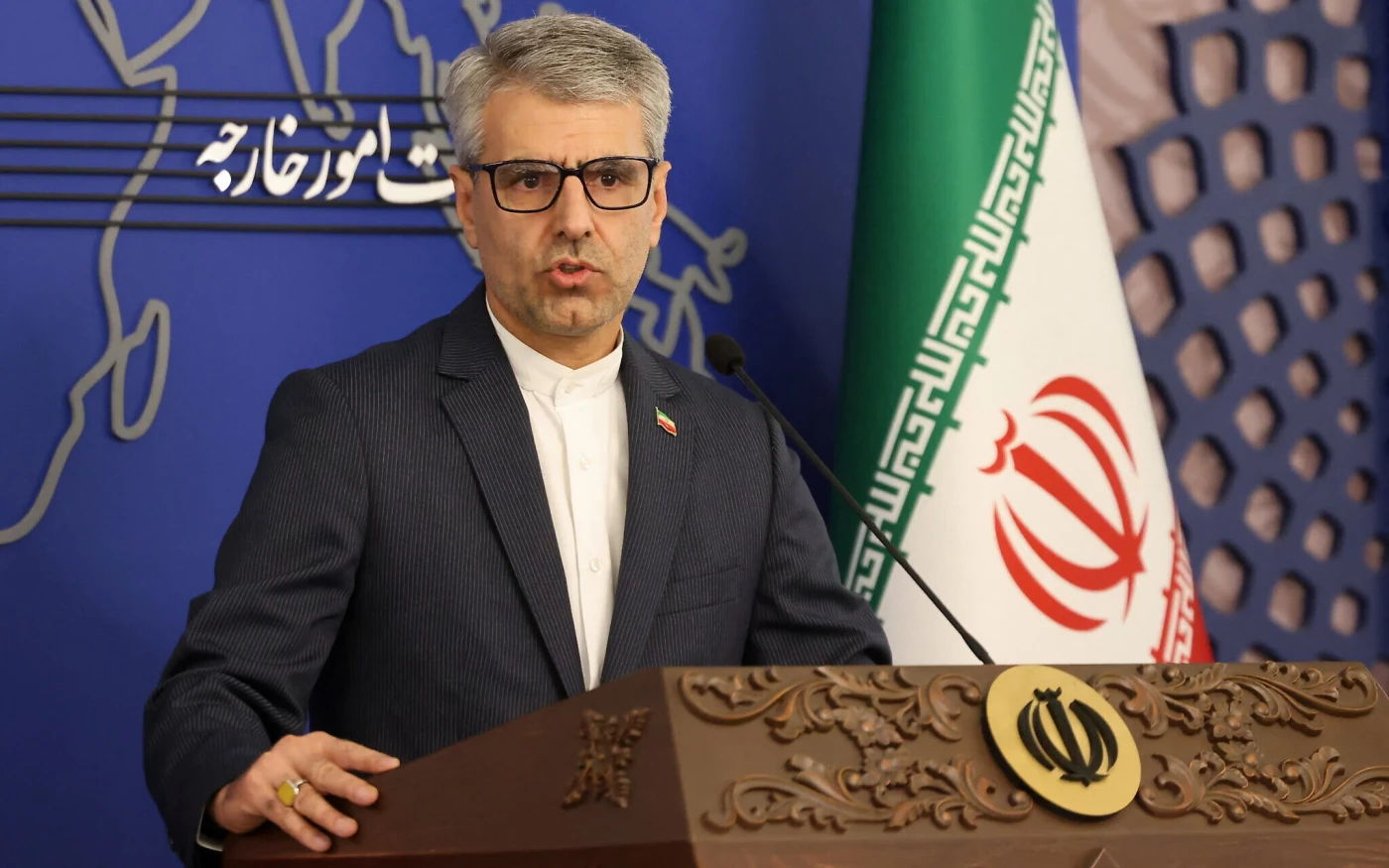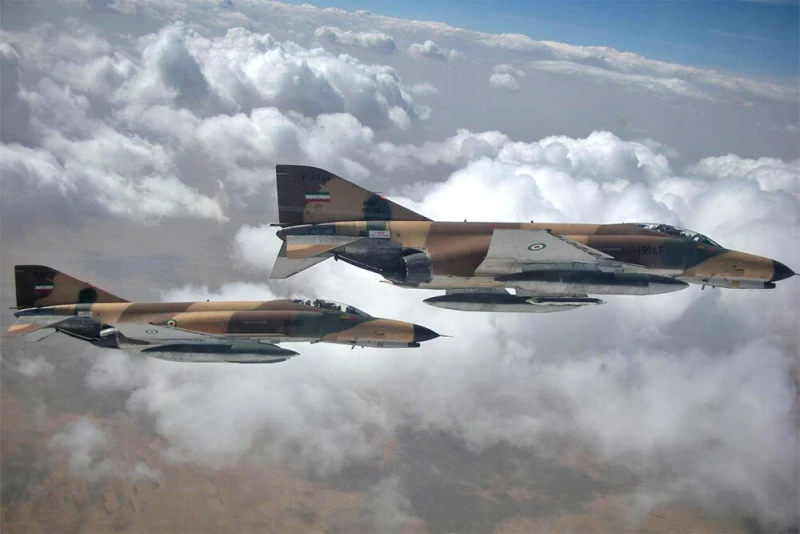ERBIL, Kurdistan Region of Iraq - Tehran has no direct contact with the current administration in Damascus, Iran’s foreign ministry said on Monday.
Speaking to reporters on Monday, Iranian Foreign Ministry Spokesperson Esmail Baghaei said that they share no direct contact with the new administration in Syria, despite having spoken to the groups before the fall of Bashar al-Assad’s regime.
“We had been in contact with some of these opposition groups before these activities, but there is no direct contact with the current administration in Syria,” he said.
An 11-day sweeping rebel offensive spearheaded by Hay’at Tahrir al-Sham (HTS), led by Ahmed al-Sharaa, brought a five-decade-long rule of the Assad family to an end on December 8.
Soon after the Damascus regime's downfall, opposition groups formed an interim government that would last until March 1 under Mohammed al-Bashir's leadership.
Assad had long been an ally of Tehran, and following his fall, the new administration in Damascus is more lenient towards Ankara.
Turkish Foreign Minister Hakan Fidan on Sunday visited Damascus and met with Sharaa, where they were seen taking a tour of the capital and eventually drinking tea together on top of Mount Qasioun.
Syria’s Ahmed al-Sharaa and Turkish Foreign Minister Hakan Fidan drink tea on top of Mount Qasioun, overlooking the capital Damascus pic.twitter.com/erTtnr2daN
— The New Region (@thenewregion) December 22, 2024
Addressing whether Tehran has received any messages from the new Syrian administration through Turkey, the Iranian foreign ministry spokesperson said that “the issue of Syria is one of the topics on the agenda of talks between Iran and Turkey.”
“Our position in this regard is to preserve the sovereignty and integrity of Syria, and of course, the determination of the fate and decision-making by the Syrian people without foreign interference,” Baghaei said.
“It is important that Syria does not become a place for the growth of terrorism and that all countries come to the conclusion that any kind of insecurity in the countries of the region will also spread to other countries,” he added.



 Facebook
Facebook
 LinkedIn
LinkedIn
 Telegram
Telegram
 X
X


